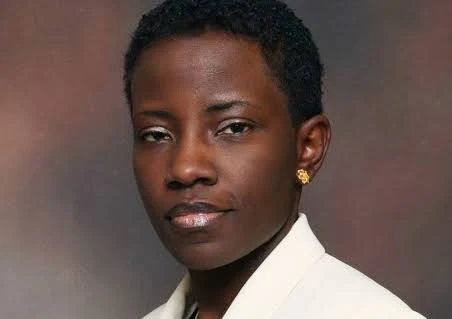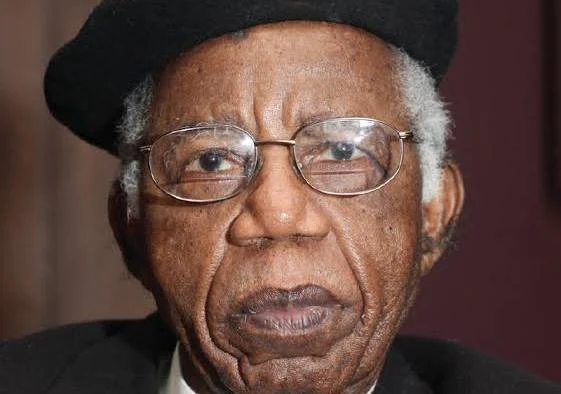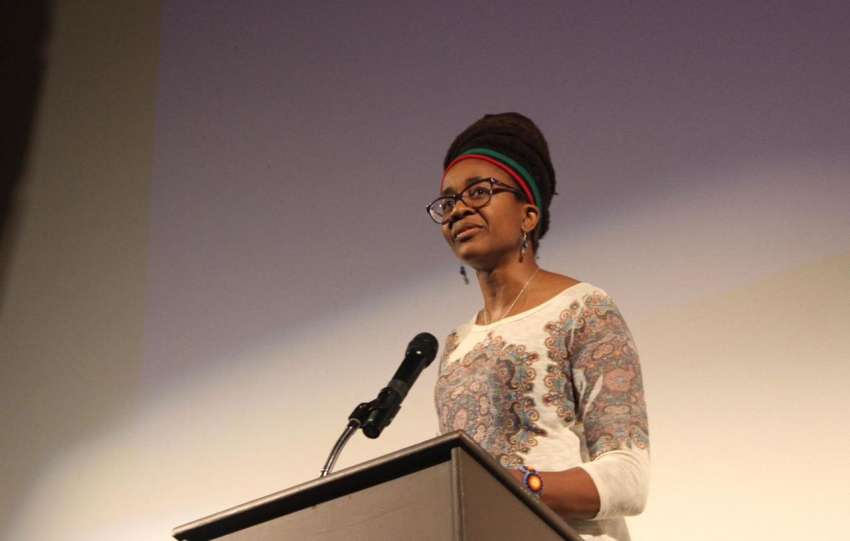
The hum of conversation filled the air as students entered Harvard Law School’s Ames Courtroom, where Professor Dehlia Victoria Umunna stood poised to teach. Her calm authority and deep compassion filled the room, yet her journey had begun far from the polished corridors of Cambridge, Massachusetts.
Born in London to an Igbo father from Nsukka, Enugu State, and a Nigerian mother, Dehlia’s story is a bridge between heritage and horizon, a testimony that greatness begins at home, but speaks to the world.
An Igbo pro“A na-amaghị ama onye kwụrụ onwe ya n’ọrụ.” (He who stands firm in his work is never forgotten.) Indeed, Dehlia’s name now stands as a beacon for young Africans who dare to dream beyond borders while staying rooted in their cultural soil.
Roots of Identity and the Seed of Discipline
Growing up, Dehlia was immersed in the Igbo values of hard work, humility, and communal responsibility. Her family instilled in her the belief that education was not just a personal pursuit, but a service to humanity. This echoes another Igbo saying, “Ọ bụ ihe a kụzuru n’ụlọ ka a na-akọ n’ụlọ ọzọ.” (What one learns at home is what one displays abroad).
Her early years were a balance of academic discipline and moral grounding. She earned her Bachelor’s degree in Communications from California State University, Hayward, and later, a Juris Doctor (JD) from George Washington University Law School. She didn’t stop there; her passion for justice and community empowerment led her to Harvard, where her life’s work would find its stage.
The Scholar Who Humanised Justice
Dehlia Umunna’s career at Harvard Law School began in 2007, when she joined the Criminal Justice Institute as a lecturer. Her unique teaching style, empathetic, practical, and deeply reflective, set her apart. By 2015, she became the first Nigerian clinical professor at Harvard Law School, a milestone that inspired countless young Africans.
Her approach to law is rooted in human dignity. She believes that justice must be lived, not merely taught. In her classroom, theory meets compassion, and intellect serves humanity. Students often describe her as a mentor who challenges them to think beyond the courtroom and see the people behind each case.
In her own words, “The law is not just about punishment; it is about restoration.” This philosophy resonates deeply with the Igbo worldview that emphasises reconciliation, or ikwu ume (breathing peace). Just as the elders say, “Udo bụ isi ihe.” (Peace is the essence of everything.) For Dehlia, every case, every student, and every community project carries that same heartbeat.
Empowering the Marginalised: Service Beyond Borders
Professor Umunna’s impact extends beyond the Harvard campus. Through her work with the Harvard Legal Aid Bureau and various criminal justice reform initiatives, she has defended the rights of marginalised individuals, emphasising fairness, rehabilitation, and systemic reform. Her voice has echoed in international conferences, inspiring legal practitioners to adopt models of restorative justice. This reflects the communal ethos of the Igbo people, where fairness and dialogue resolve conflicts better than force.
She has also been a mentor to aspiring African women in law, reminding them that excellence requires both resilience and empathy. “Ọtụtụ mmadụ na-eche ka ihe ga-esi mee, mana onye nwere obi ike na-eme ka o mee.” (Many people wait to see what will happen, but the brave make things happen).

Balancing Heritage and Modernity
Despite her global acclaim, Dehlia Umunna’s identity remains deeply Igbo. She often credits her success to the discipline and resilience she inherited from her parents and her cultural heritage. Her leadership style blends Igbo communal wisdom with modern academic rigour.
To her, being Igbo means embodying ịgbanwe ndụ mmadụ (transforming lives). It means remembering that achievement without community is hollow. This worldview has guided her teaching, scholarship, and advocacy, making her not just a professor but a cultural ambassador in academia.
Legacy and Inspiration
Dehlia Umunna’s life is a reminder that African stories belong on the global stage. Her presence at Harvard Law School challenges stereotypes about African women and redefines what it means to lead with both intellect and heart. She continues to champion inclusion in education, ethical leadership, and justice reform. Each lecture she delivers becomes a seed planted in the minds of her students, seeds that will one day grow into a forest of change.
As the Igbo saying goes, “Nwata kụrụ osisi taa, echi o ga-ezo ya n’ọkpụkpọ.” (The child who plants a tree today will rest under its shade tomorrow). Dehlia has planted trees of knowledge that will shelter generations.
The Spirit of Nwanyị Igbo
At the crossroads of tradition and progress, Dehlia Victoria Umunna stands tall, a daughter of Igboland and a citizen of the world. Her journey from Nsukka’s ancestral roots to Harvard’s global platform tells a story of faith, fortitude, and fulfilment. She has proven that heritage and modernity can coexist beautifully, that one can carry omenala (tradition) proudly while shaping the future. In her life, the Igbo spirit of excellence finds a global echo. She is, indeed, Igbo by birth, global by impact.
References:
- Africa Youth Congress. (2021). Dehlia Umunna becomes first Nigerian to be appointed a professor at Harvard Law School.
- Biography of Dehlia Umunna. (n.d.). IgboPeople.org.
- Harvard Law School Faculty Profile. (n.d.). Harvard Law School.




